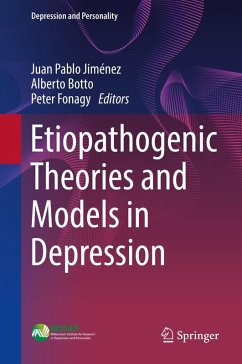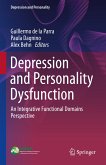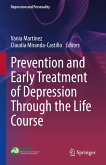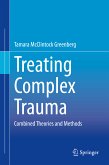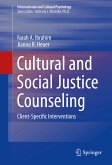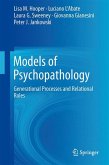This book reviews the different theories and models that seek to explain the causes of depression from different perspectives, from the molecular to the socio-cultural level. Depression is a complex psychopathological construct of high phenotypic heterogeneity, which must be understood as a phenomenon in which different explanatory levels interact with each other. However, very little is known about this interaction. The aim of this book is to provide clinical psychologists and psychiatrists a better knowledge of the interaction of different etiopathogenic levels, in order to help these professionals make better therapeutic decisions when treating depressed patients.
Chapters in this volume review etiopathogenic theories and models of depression developed by different disciplines and fields of research, such as clinical psychology, psychiatry, genetics, neurobiology, psychophisiology, psychoneuroendocrinology and psychosocial studies, and examine certain conditions where theintegrated consideration of different explanatory levels illuminates how depression originates and is maintained. In each chapter, authors critically review the state of the art in their field of expertise and explain the weak points of their own theories and their possible openness or connection to alternative theories or models.
Etiopathogenic Theories and Models in Depression will be a valuable resource for clinical psychologists, psychiatrists and other health professionals working with depressed patients, as well as to researchers investigating how depression originates and is maintained, presenting an integrated perspective of high translational value for clinical practice.
Chapters in this volume review etiopathogenic theories and models of depression developed by different disciplines and fields of research, such as clinical psychology, psychiatry, genetics, neurobiology, psychophisiology, psychoneuroendocrinology and psychosocial studies, and examine certain conditions where theintegrated consideration of different explanatory levels illuminates how depression originates and is maintained. In each chapter, authors critically review the state of the art in their field of expertise and explain the weak points of their own theories and their possible openness or connection to alternative theories or models.
Etiopathogenic Theories and Models in Depression will be a valuable resource for clinical psychologists, psychiatrists and other health professionals working with depressed patients, as well as to researchers investigating how depression originates and is maintained, presenting an integrated perspective of high translational value for clinical practice.
Dieser Download kann aus rechtlichen Gründen nur mit Rechnungsadresse in A, B, BG, CY, CZ, D, DK, EW, E, FIN, F, GR, HR, H, IRL, I, LT, L, LR, M, NL, PL, P, R, S, SLO, SK ausgeliefert werden.

